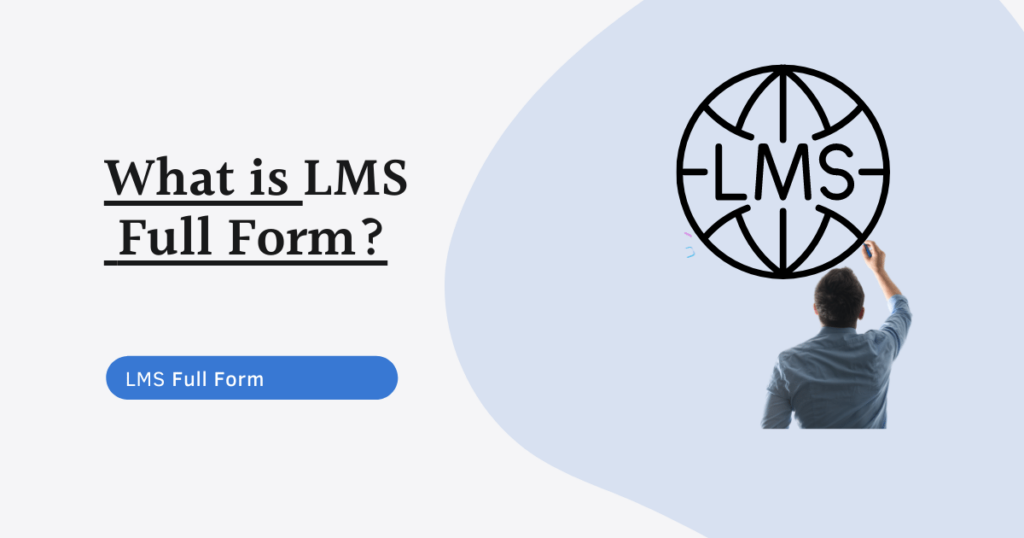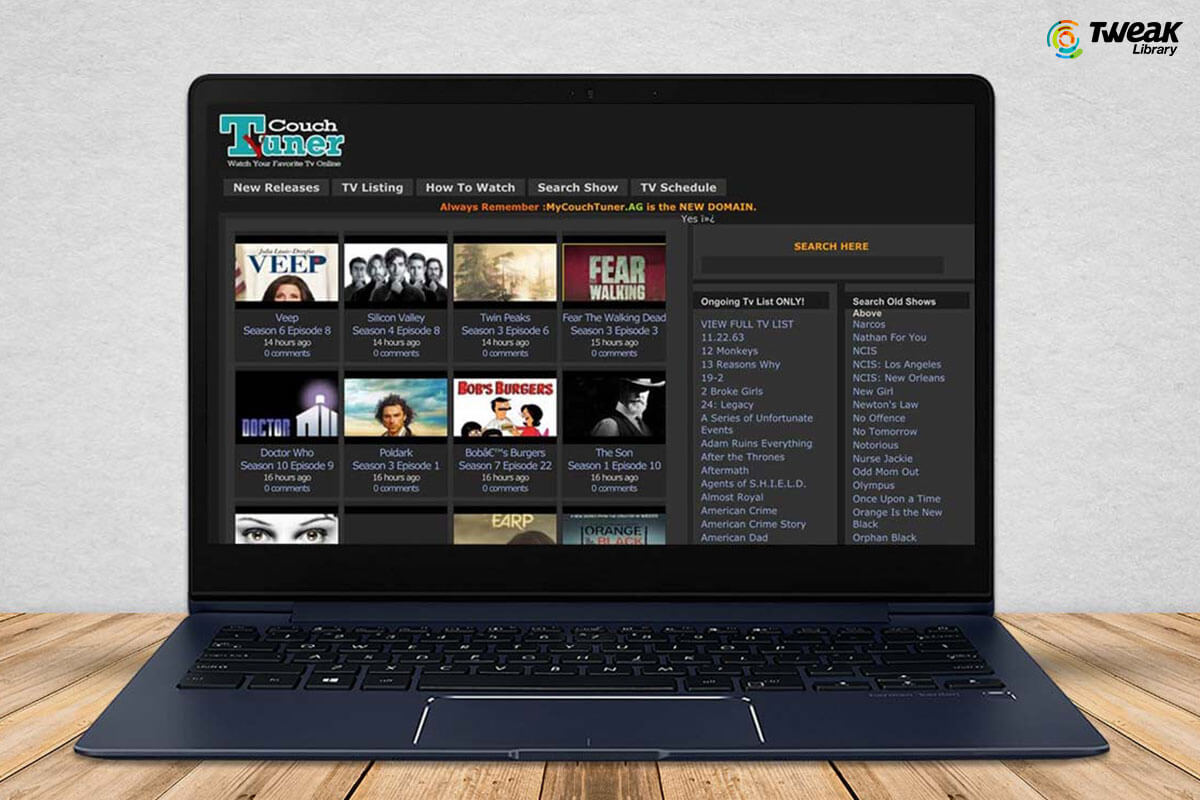LMS stands for Learning Management System. It is a term related to Software, Useful Terms and Definitions which we use in daily life but we do not know their full name meaning, Here’s a list of important abbreviations that you should know.
| Term | Full Form |
| LMS | Learning Management System |
| Category | Software |
| Region | Globally |

Full Form of LMS
The full form of LMS is the Learning Management System.
A learning management system (LMS) is a software application or web-based technology used to plan, implement and assess a specific learning process. It is used for eLearning practices and, in its most common form, consists of two elements: a server that performs the base functionality and a user interface that is operated by instructors, students and administrators.
Typically, a learning management system provides an instructor with a way to create and deliver content, monitor student participation and assess student performance. A learning management system may also provide students with the ability to use interactive features such as threaded discussions, video conferencing and discussion forums.
Here you learn the full name and complete information of Learning Management System, if you have questions and answers related to LMS, then tell us your thoughts in the comment, know the complete meaning of LMS in this article.
What are LMS Used for?
LMSes are beneficial to a wide range of organizations, including higher education institutions and corporations. The primary use of a learning management system is for knowledge management (KM). KM refers to the gathering, organizing, sharing and analysis of an organization’s knowledge in terms of resources, documents and people skills. However, the specific role of the LMS will vary according to the organization’s training strategy and goals.
Some popular LMSes used by educational institutions include Moodle, Blackboard Learn and Schoology. Popular enterprise-level LMSes include Adobe Captivate Prime, Docebo LMS, TalentLMS, iSpring Learn and eFront.
LMS Technical aspects
An LMS can be either hosted locally or by a vendor. A vendor-hosted cloud system tends to follow a SaaS (software as a service) model. All data in a vendor-hosted system is housed by the supplier and accessed by users through the internet, on a computer or mobile device.
Vendor-hosted systems are typically easier to use and require less technical expertise. An LMS that is locally hosted sees all data pertaining to the LMS hosted internally on the users internal servers. Locally hosted LMS software will often be open-source, meaning users will acquire (either through payment or free of charge) the LMS software and its code.
With this, the user is able to modify and maintain the software through an internal team. Individuals and smaller organizations tend to stick with cloud-based systems due to the cost of internal hosting and maintenance.




Leave a Reply